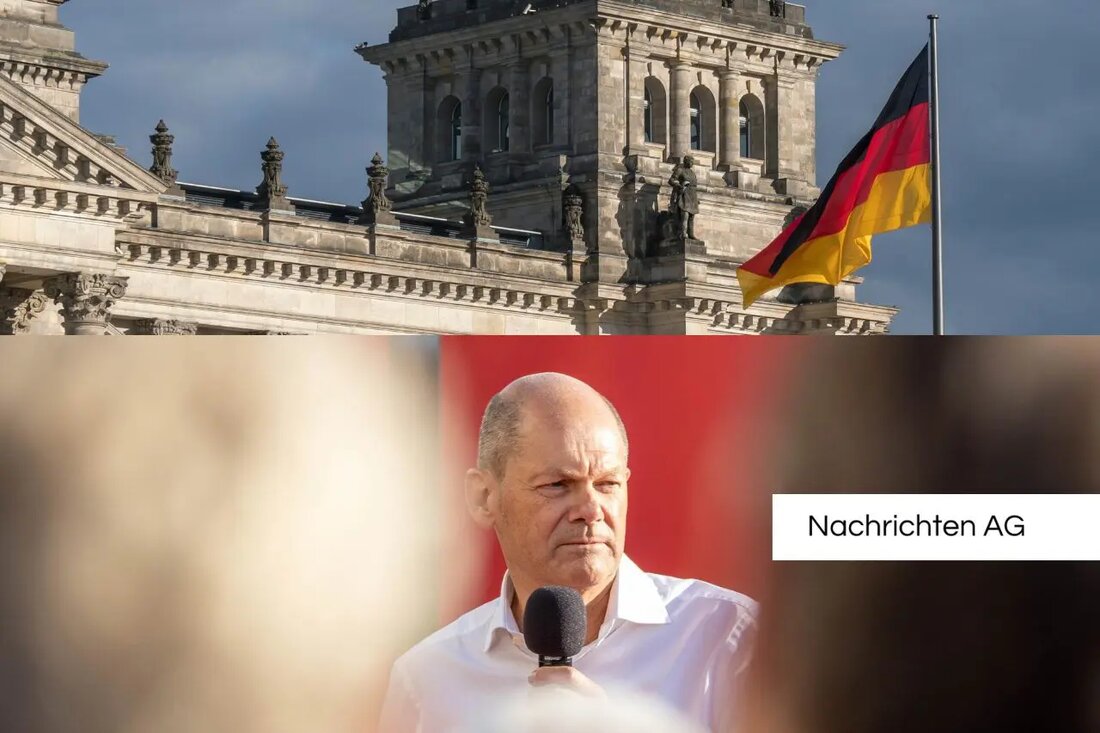Large controls on the border: police secure 1 kilo heroin!
Large controls on the border: police secure 1 kilo heroin!
The border controls in Germany increase in intensity. On March 21, 2025, comprehensive controls were carried out in the Euregio, especially at the Vetschau border crossing. Around 450 officials from Germany, Belgium and the Netherlands were deployed. The campaign was coordinated by 15 authorities, including the federal police and the main customs office. The first use of drones and a scan-van to float luggage was particularly striking. These measures aim to contain the irregular migration, smuggling crime, vehicle thefts and drug smuggling.
The controls stretched until late in the evening. Officials stopped vehicles from several EU countries, including Germany, Belgium, the Netherlands, Poland and Hungary. With a conventional control, the officers found a kilo of heroin in the engine compartment of a vehicle, the sales value of which is estimated at around 40,000 euros. The discovery was the result of the use of a detection dog of customs. Sven Nestler, head of inspection by the Federal Police Aachen, led the operation. Criminal director Andreas Bollenbach emphasized that the borders should be open, but not for criminals.
extension of the border controls
This large -scale action takes place against the background of a general extension of the border controls in Germany. The federal government has decided to expand the controls by September 15, 2025. Chancellor Olaf Scholz said that this measure was necessary to curb irregular migration. The EU Commission was informed about this decision. Interior Minister Nancy Faeser underlined that the controls are primarily aimed at stopping smugglers and criminals.
In the Schengen area, border controls are usually not intended. Nevertheless, controls to Denmark, the Netherlands, Belgium and Luxembourg have been expanded since September 2022. These measures were justified with illegal immigration, protection against Islamist terrorism and cross -border crime. Since the introduction of these controls, 47,000 rejections and 1900 arrests of smugglers have been recorded. Especially at the borders to Poland, the Czech Republic and Switzerland, there have been similar controls since October 2023.
EU regulations and future developments
In this context, the new border process for asylum decisions of the EU Parliament, which was adopted in April 2024, can also be seen. This procedure should come into force immediately after the review of asylum seekers at the EU external borders and allows the applications to be assessed promptly. The aim is to quickly determine whether an asylum application is unfounded or inadmissible.
The EU Commission will continue to determine the maximum number of asylum applications that every member country is to work on. This is intended to help control the resources and avoid overload. MPs also call for free legal advice for applicants and special regulations for unaccompanied minors. Accordingly, the challenges of the limits are diverse and required coordinated measures between the Member States of the European Union and the border authorities.
| Details | |
|---|---|
| Quellen | |


Kommentare (0)